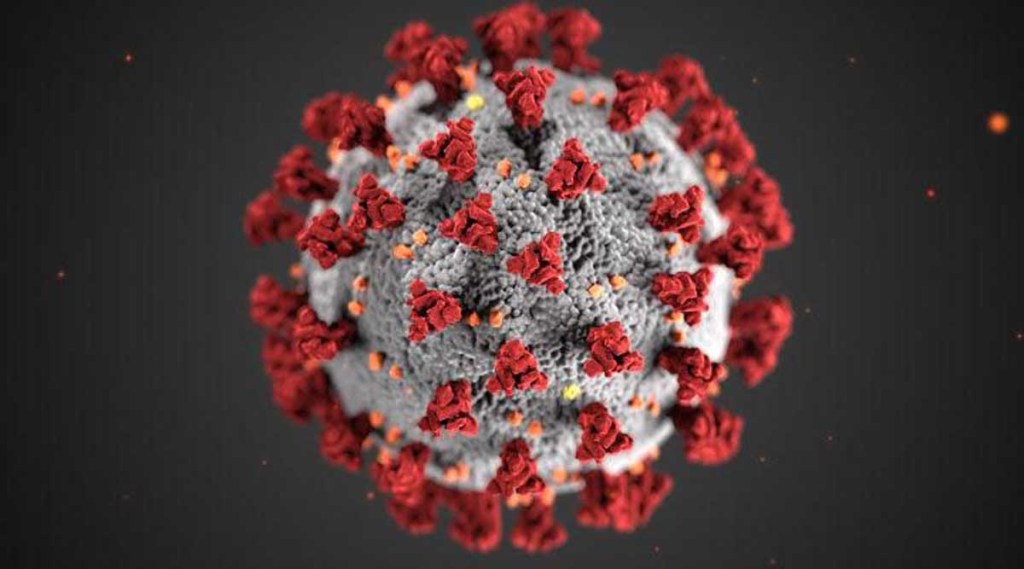Times poll: People split on COVID-19 vaccines
Published 5:00 am Saturday, December 12, 2020

- Coronavirus
The Federal Drug Administration (FDA) appears poised to give emergency approval to the Pfizer/BioNTech COVID-19 vaccine, meaning it may begin being rolled out as early as next week to healthcare workers and nursing homes. While the vaccine won’t be available to the general public for several months, it’s clear there are reservations about the vaccines locally.
In an unscientific poll this week by The Cullman Times, 46 people said they would get the vaccine when it’s available, 44 said they would not, and eight indicated they weren’t sure yet.
Sue Waldrip said she would not be getting the vaccine. “I have allergies and the side effects for people with allergies is too great,” she said.
After two British healthcare workers with a history of severe allergies had reactions to the vaccine, British health regulators warned that people with severe allergies not get the vaccine as they investigate further.
Dr. Scott Warner of Chest Medicine of Cullman has been posting information this week about the vaccines in an effort to address some of the rumors and concerns he’s seen and heard.
“It is so discouraging that people are being misinformed,” he said. “I literally had a elderly, oxygen-toting lung patient pushing her walker come into the office today who said she wasn’t going to get the vaccine because she heard that ‘Bill Gates was going to put something in her.’ If she gets COVID-19 she will definitely not survive.”
The vaccines
The FDA is expected to give approval to Moderna’s version of the vaccine, which uses the same technology as the Pfizer vaccine – have been developed faster than any vaccine previously, but Warner said safety precautions have been taken.
“In their report, FDA staff said that data from research involving about 38,000 participants ‘suggest a favorable safety profile, with no specific safety concerns identified’ that would preclude issuance of an authorization for Pfizer’s vaccine,” he wrote.
The Pfizer and Moderna vaccines use a technology called mRNA which basically uses a genetic code to get the body to create antibodies to the virus. Another potential vaccine, the AstraZenica vaccine, is a traditional vaccine where a spike of protein from the virus is introduced and the immune system creates antibodies against the real virus. All three require a series of two injections.
Rachel Kincaide is among those who said she would be getting vaccinated once one is available. She said after researching the vaccine and talking to a doctor, she came to the conclusion that, “the reward is greater than the current risk that comes with the virus,” she said. “As a 24 year old female, I had personal concerns regarding the rumors regarding infertility. While there is no research to tell me whether this vaccine will cause it, there is evidence and research that people who have suffered from this bizarre virus are now sterile due to lasting effects of this novel virus.
“Lastly, with plans to pursue a career in medicine, there is not much I wouldn’t do to protect patients, my family, and my community. If there’s a chance that taking this vaccine will decrease the risk of those around me from getting sick, then yes— I’m glad to one of the first to become immunized.”
Warner said the research so far does not indicate any long-lasting effects. “No long term complications have been reported,” he said. “You have a higher chance of being struck by lightening.”
Some respondents noted that they don’t get flu vaccines, so are unlikely to get vaccinated against the coronavirus.
Warner said the danger is the continued spread of the virus. “We’ve never had herd immunity from an infectious disease WITHOUT a vaccine,” he wrote. “The U.S. just recorded 3,157 deaths on 1 day alone, according to the tally kept by Johns Hopkins University. That’s more than the number of people killed on 9/11 and shattered the old mark of 2,603, set on April 15 in NY City.”
He said several of his patients participated in the Pfizer trial without any issues, and recommends people talk to their healthcare providers about the vaccine. “I strongly encourage all persons to get the vaccine as soon as they are able,” he said. “How long this pandemic lingers on is dependent on how soon the vaccine is in the community and taken by at least 50% of the population.”
Alabama Public Health Officer Dr. Scott Harris said Alabama’s distribution plan calls for health care workers, first responders and those at highest risk and critical need to get the vaccine in the first phase. The vaccine is not expected to be available to the general public until at least spring. Harris said the vaccine will be free of charge.
“We want to assure the public that there will be equitable distribution of vaccine to all Alabamians, especially to vulnerable populations in rural and urban areas,” he said. “Many external partners will have input in vaccine allocations.”



